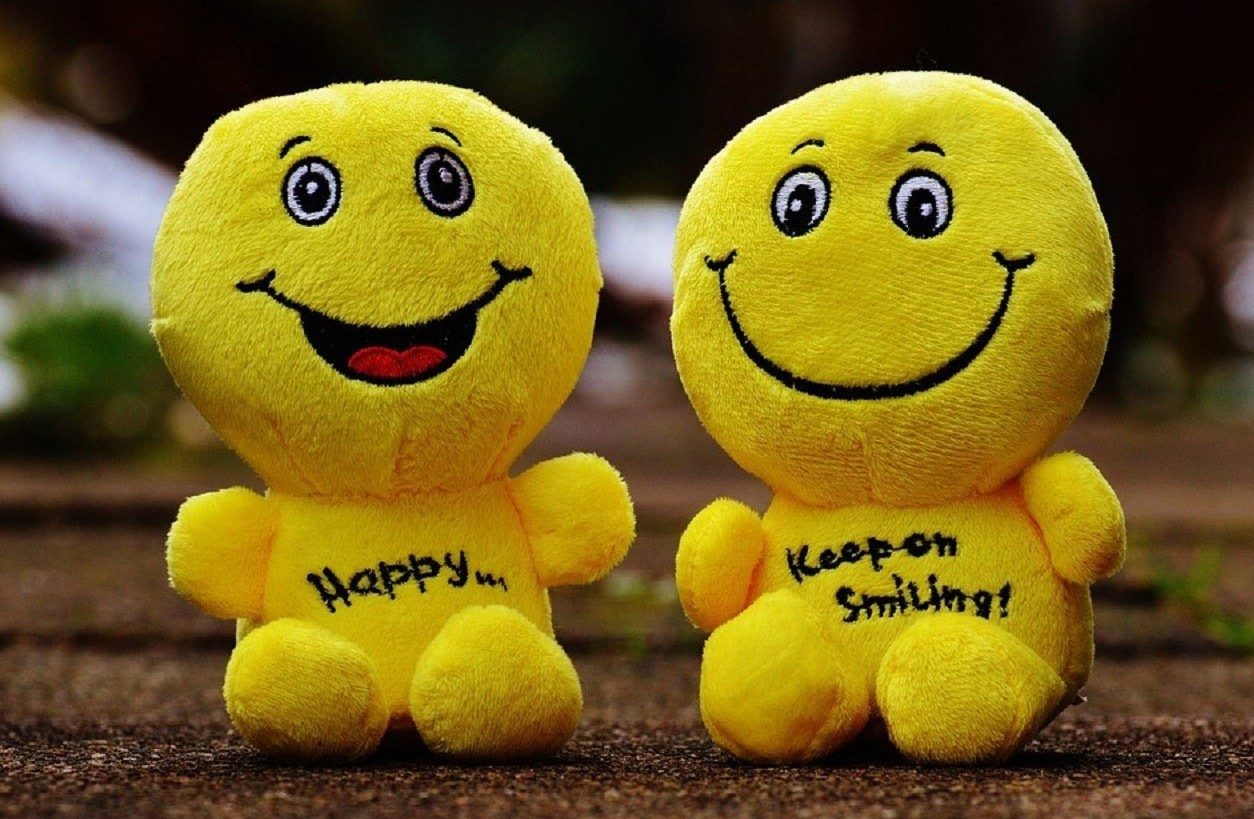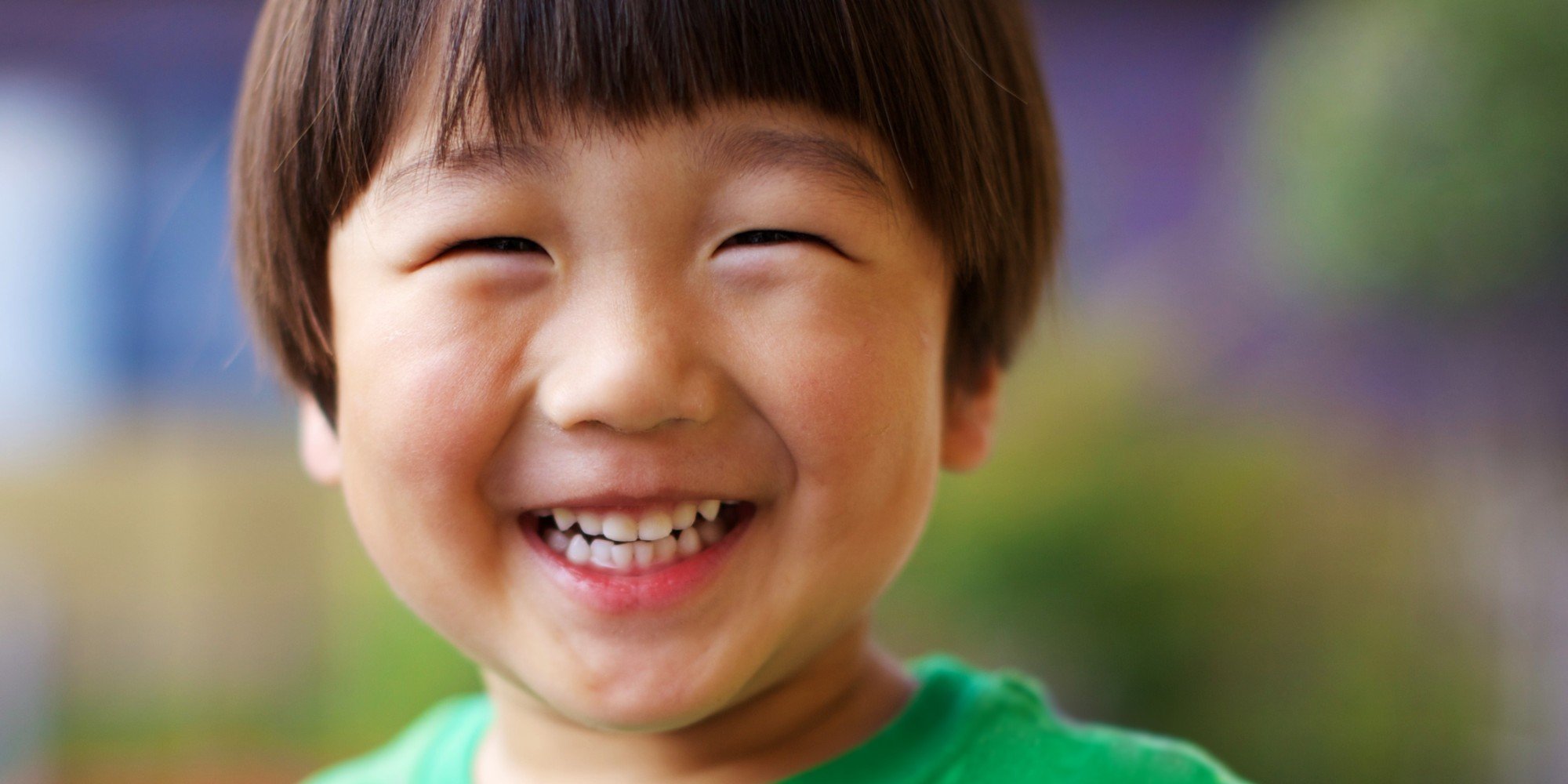When the calendar flips to a fresh page, people everywhere feel a pull to share good wishes, and learning how folks celebrate and say "happy new year" in other places, like France, can be a really neat thing. It's a time when many of us look forward to brighter days and a chance to start fresh, so, you might find yourself wondering about how people across the globe express those hopeful feelings.
The phrase "happy new year" itself holds so much warmth, and it changes a bit from one tongue to another, yet, the heart of the message stays the same: wishing someone well for the days ahead. Knowing the simple ways to say it in French, for instance, opens up a little window into their culture and how they mark this special time.
This little chat will go into what "happy new year french" means, some of the ways they say it, and what makes their New Year's greetings special, so, you get a good feel for it.
Table of Contents
- What Does "Happy" Really Mean Anyway?
- Is "Happy" Just One Feeling When We Say Happy New Year French?
- How Do We Say Happy New Year French?
- What's Behind "Bonne Année" in Happy New Year French?
- What Are Some Happy New Year French Traditions?
- How Do French New Year Greetings Compare for Happy New Year French?
- Why Share Happy New Year French Wishes?
- Other Ways to Express Happy New Year French Beyond the Usual
What Does "Happy" Really Mean Anyway?
Before we talk about saying "happy new year french," it might be useful to think about what the word "happy" itself brings to mind. You see, the word "happy" can mean a few different things, depending on how you use it. Sometimes, it means feeling good about something that just happened, like when you get a nice surprise. Other times, it's about a deeper, more lasting sense of peace or satisfaction with how things are going in your life, you know?
- Dr Frank N Furter Rocky Horror
- Hayden Christensen Emo
- Nikki Reed Videos
- Kristen Kristen Stewart
- How Old Is Ice Spice 2025
For instance, if someone says they are "pleased" or "glad," those words are pretty close to "happy" in meaning, especially if it's about a specific event. But, if you say "I am happy" as a general statement, it might suggest a more overall good feeling about your life, kind of like the opposite of feeling down or depressed. So, it's not always just a quick burst of good cheer; it can be a steady state of feeling well, too it's almost.
It's interesting to see how languages pick up on these small differences. When you use "happy" as a word to describe something, it is often an adjective, like "a happy person." But then, the idea of feeling happy can also be a noun, which is "happiness." It's just a different way to talk about the same good feeling, you see.
There are also those fun sayings that use "happy," like "happy as a clam." That one means someone is very content, really at ease. You might picture a clam smiling, but that's not where the saying comes from at all. The full saying is "as happy as a clam at high tide," which makes a bit more sense because clams are safe from being dug up when the water is high, so, they are pretty safe and sound then.
Is "Happy" Just One Feeling When We Say Happy New Year French?
When we wish someone a "happy new year french," are we talking about just one kind of good feeling? Well, not really, you know. The feeling of being happy can show up in many ways, and when we say "happy new year," we're wishing for all sorts of good things for someone in the coming days. It’s a broad wish for well-being and good fortune, really.
Think about how you might use "happy with" versus "happy for." If you're "happy with" something, it means you're content or satisfied with a situation or an item, like being happy with a new coat. But if you're "happy for" someone, it means you feel good because something good happened to them, like being happy for a friend who got a new job. So, the word "happy" shifts its meaning depending on the little words that go with it, in a way.
When you say "you seem to be happy," it’s generally the same as "you seem happy." There isn't much of a difference, honestly. Both ways suggest that someone looks like they are feeling good. The first one, "you seem to be happy," might just sound a little more casual, a little lighter, perhaps, if you think about it.
So, when we say "happy new year french," we are kind of bundling all those good feelings and wishes into one simple phrase. It’s a hope that the year ahead brings contentment, joy, and good things for the person you are talking to, quite simply.
How Do We Say Happy New Year French?
Getting to the heart of it, if you want to wish someone a good year in French, the simplest and most common thing to say is "Bonne Année." This phrase is pretty much the go-to for wishing someone a "happy new year french." It’s what most people say, and it’s always a good choice, you know.
The words themselves are quite straightforward. "Bonne" means "good," and "Année" means "year." So, when you put them together, "Bonne Année" literally means "good year." It’s a direct and warm way to send your wishes as the new year begins, you might say.
Learning how to greet friends and family with these French phrases around the festive time is a lovely thing to do. It shows you care, and it’s a nice way to connect with people who speak French or who are from a French-speaking place. It’s just a little gesture that can mean a lot, really.
Whether you're part of a New Year's get-together in France or just talking to someone who speaks the language, knowing "Bonne Année" is a solid start. It's the basic way to spread some good cheer and positivity as we welcome the coming year, and stuff.
What's Behind "Bonne Année" in Happy New Year French?
The simple phrase "Bonne Année" carries a lot of weight when it comes to wishing someone a "happy new year french." It's more than just two words put together; it's a whole feeling wrapped up in a short greeting. It's the most common and polite way to send good wishes for the next twelve months, you know.
When you say "Bonne Année," you are, in essence, hoping for a year full of good things for the person. It's a wish for them to have a year that is good, prosperous, and generally pleasing. This phrase is used by everyone, from close family members to people you might just meet on the street during the New Year period. It's just that common, you see.
It's important to remember that this simple phrase is a cornerstone of French New Year greetings. It's the core of how they wish each other well for the coming cycle. So, if you remember nothing else about wishing a "happy new year french," remember "Bonne Année." It’s pretty much all you need, basically.
This phrase is used right from the stroke of midnight on New Year's Eve and often throughout the first few weeks of January. It’s a consistent way to share that feeling of new beginnings and hope, and so on. It’s a straightforward and heartfelt wish for a good period ahead, very much so.
What Are Some Happy New Year French Traditions?
When it comes to marking the start of a fresh year, French traditions for a "happy new year french" have their own special flavor. While the core greeting is "Bonne Année," the ways people celebrate and what they do can be quite interesting. It’s not just about saying the words; it’s about the customs that go with them, really.
For example, celebrating New Year's Eve, known as "La Saint-Sylvestre," often involves a big meal, usually with friends or family. This meal, sometimes called a "réveillon de la Saint-Sylvestre," is a feast that can go on for hours, leading right up to midnight. There's usually plenty of good food and drink, and it's a very social time, you know.
As the clock ticks down to midnight, people often gather to count down the last seconds. When the new year arrives, there are often fireworks, especially in bigger cities, and people exchange kisses and wishes of "Bonne Année." It’s a moment of shared joy and excitement, very much so.
Some people might go out to clubs or parties, like the mention of "nightclubbing in Nice on NYE." This shows that for many, it’s a time for lively celebrations and being out with others. It's a way to welcome the new year with energy and good spirits, pretty much.
Beyond the immediate celebrations, the New Year period in France also has other customs. For instance, sending greeting cards is a common practice, though perhaps less so now with digital messages. These cards often carry wishes for health, happiness, and success in the coming year. It's just a nice touch, too it's almost.
Another thing to consider is the tradition of "étrennes," which are small gifts or money given to service people like postal workers or firefighters during the New Year period. It’s a way of showing thanks and good will for their service throughout the year, so, it’s a thoughtful custom.
It’s also a time for making resolutions, just like in many other places. People think about what they want to achieve or change in the year ahead. It’s a moment for personal reflection and setting new goals, and stuff.
How Do French New Year Greetings Compare for Happy New Year French?
When you think about wishing someone a "happy new year french," it's interesting to see how these greetings fit into the bigger picture of global New Year wishes. While "Bonne Année" is the main one, the spirit behind it is something shared across many different languages and cultures, you know.
For example, the text mentions learning how to say "happy new year" in 15 different languages, or even 7, including English, Arabic, Spanish, Korean, Japanese, and Mandarin. This suggests that while the words change, the act of wishing someone well for the future is a common thread that ties people together around the world. It’s a pretty universal feeling, basically.
In places like Canada, where both English and French are official languages, you might hear both "Happy New Year" and "Bonne Année" side by side. This shows how different ways of expressing the same good wish can exist in one place, and it’s perfectly natural, you might say.
The core idea, whether you say "happy new year french" or something else, is to spread joy and good feelings. It's about acknowledging the start of a new period and sending positive energy to others. The specific words might differ, but the intention stays the same, very much so.
So, while we focus on the French way, remember that the warmth and hope behind the greeting are something that people everywhere understand and appreciate. It's a global gesture of good will, just in different forms, you see.
Why Share Happy New Year French Wishes?
Sharing "happy new year french" wishes, or any New Year wishes for that matter, is a wonderful way to spread good feelings and positive energy as we step into a new year. It's not just about saying a phrase; it's about connecting with people and showing you care about their well-being in the days ahead, you know.
The act of wishing someone well helps to build good relationships and fosters a sense of community. When you take the time to say "Bonne Année," you are acknowledging the person and sending them a message of hope and cheer. It’s a small thing that can make a big difference to someone’s day, really.
New Year is a time that feels like a fresh start, a chance for new beginnings. By exchanging greetings, we participate in this collective feeling of renewal. It’s a way to mark the passage of time and to look forward with optimism, so, it’s a very natural thing to do.
Whether you're a language enthusiast who enjoys learning French or just someone curious about different ways people celebrate, sharing "happy new year french" wishes helps you take part in a wider cultural experience. It’s a simple way to cross language barriers and share a moment of good cheer, you might say.
Ultimately, the main point is to be yourself, be warm, and let your good wishes shine through. It’s about sharing that positive spirit as the new year arrives. The words are a tool, but the genuine feeling is what truly matters, very much so.
Other Ways to Express Happy New Year French Beyond the Usual
While "Bonne Année" is the most common way to say "happy new year french," there are a few other phrases you might hear or use to add a little variety to your greetings. It’s good to know these, especially if you want to sound a bit more natural or tailor your message a little, you know.
Sometimes, people add a wish for good health and happiness. You might hear "Meilleurs vœux pour la nouvelle année," which means "Best wishes for the new year." This is a slightly more formal way to express your hopes for someone's well-being in the coming period. It’s a bit more encompassing, you see.
Another phrase is "Bonne et heureuse année!" This translates to "Good and happy year!" It adds a little extra emphasis on the "happy" part, making the wish even more heartfelt. It’s a nice way to make your greeting a little more personal, really.
For something a bit more specific, especially if you're writing a message, you could say "Je te/vous souhaite une très bonne année," meaning "I wish you a very good year." This allows you to directly express your personal wish for the other person. It’s just a little more direct, basically.
If you're looking for something that covers all bases, you might come across "Plein de bonnes choses pour la nouvelle année," which means "Lots of good things for the new year." This is a broad wish for all sorts of positive outcomes, so, it’s a very generous greeting.
The idea is to have options beyond just the standard "Bonne Année." These phrases let you express your good wishes for a "happy new year french" with a bit more nuance or warmth, depending on the situation and who you are talking to. It’s good to have a few phrases in your pocket, you might say.
So, whether you stick to the classic "Bonne Année" or try one of these other ways, the goal remains the same: to spread joy and positive energy as the year begins. It’s all about sharing that good feeling, very much so.
- Zac Efron Style
- Own Appeal Lyrics
- Foodnetworkcomthe Kitchen
- Kristen Kristen Stewart
- Where The Love Go Lil Wayne



